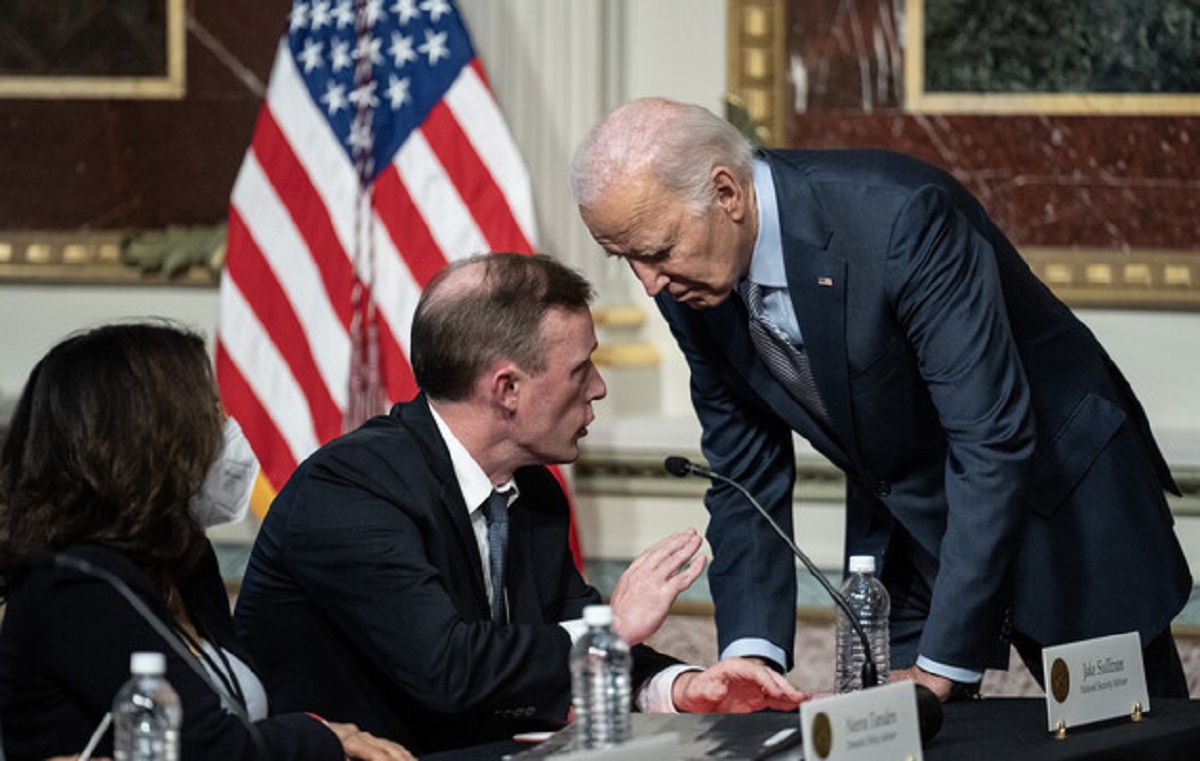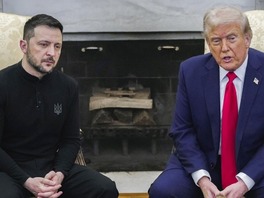Ukrainian drone attacks on Russian strategic targets have raised alarm among allies, especially US leaders. The Financial Times reported on March 22 that the US urged Ukraine to halt strikes on Russian energy infrastructure, with warnings conveyed to Ukrainian security officials. Secretary of State Anthony Blinken publicly emphasized on April 2 that the US does not support such actions. During a discussion organized by the Miroshevsky Center in Kyiv, the correspondent of Apostrophe have questioned several American and Polish experts about the implications of these statements and how Ukraine should respond.
Raimund Andrzejczak, former Chief of the General Staff of the Polish Armed Forces (2018-2023), emphasizes that prioritizing military strategy and diminishing Russian capabilities should take precedence over political pressure from certain individuals.
‘Victory in war hinges on more than just carrying a rifle on your shoulder. Targeting Russian critical infrastructure is essential for success, exploiting vulnerabilities in their systems. Factors like human resources and staffing shortages play into this equation. Speed is of the essence in achieving victory,' stated Andrzejczak.
‘I remember the day Poland made the bold decision to send its MiG-29s, to the best fighters who are Ukrainians, demonstrating serious intent. This move caused a stir in the Western political arena, with concerns over escalation. They said that sending Migiv would be an escalation. Putin immediately pressed the button and applied nuclear weapons. Although, our MiGs proved their worth. Himars were considered too escaping. And now they are quite effective. The same with Patriots. Further F-16, but it takes a while. It underscores the importance of robust self-defense measures. Setting clear red lines for Russian actions is imperative. Any breach must be met with significant consequences,’ he continues.
Eliot Cohen, Professor at the School of Advanced International Studies at Johns Hopkins University, underscores that US leadership statements stem from their perspective shaped by past experiences.
‘Understanding the rationale behind American decisions is crucial, as well as the mindset of European policymakers. You know, you are all the victims of what your professors taught you. And all of us. Individuals in government positions grew up in a world in which when you talk about the word "strategy", it's all about restraining. It's all about avoiding war. These are people like Jake Sullivan or Tony Blinken, they are not used to thinking about the war. And most of them did not even participate in a bar in the bar, which would be fine. And so the result is that their mental framework should change and they change,’ he said.
According to him, there's a gradual shift in the mindset of US leadership, particularly as Russia fails to provide a significant response to new military developments.
In turn, the director of the transnational threats of the Center for Strategic and International Studies (CSIS) Seth Jones emphasizes that it is Ukrainian military developments that are used for military strikes in Russia. This somewhat absolves the United States and its allies from the responsibility of escalating tensions. Additionally, these developments serve as ‘success stories’ for Ukrainian weapons, influencing support within American institutions.
‘It is especially useful that the Ukrainian defense industry is developing rapidly. It produces, you know, with a global supply chain, but it produces a lot, including drones and weapons. Ukraine has every right to use its weapons against Russians. And I think that you , despite statements by the top leadership of the United States, you will receive support from many parties for this. The trends are clear here. Well, there may be some areas where Ukrainians step a little more careful, but I think that mostly the majority of the distant strikes of Ukrainian systems will be supported In general, including, in a private order. That's why I think that we all say so that you do not worry about red lines,' - Seth Jones emphasizes.






